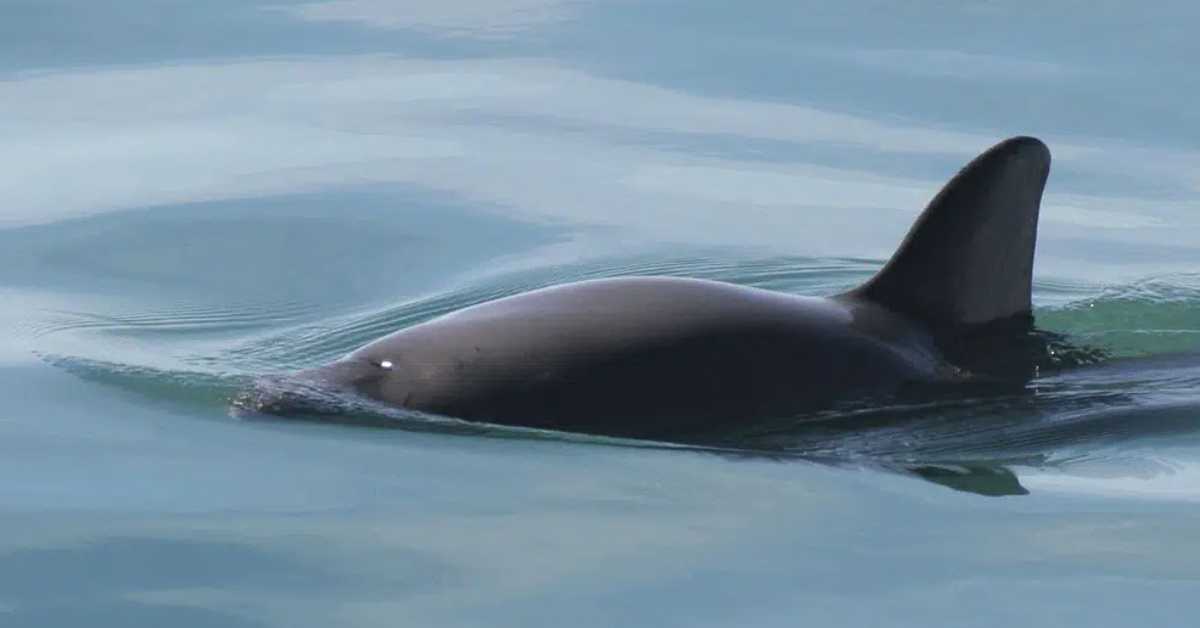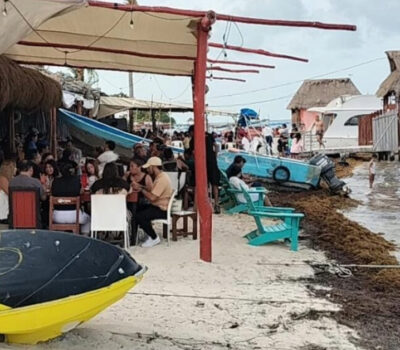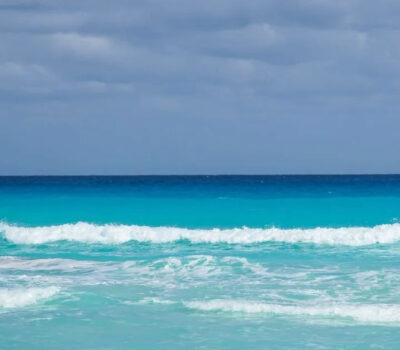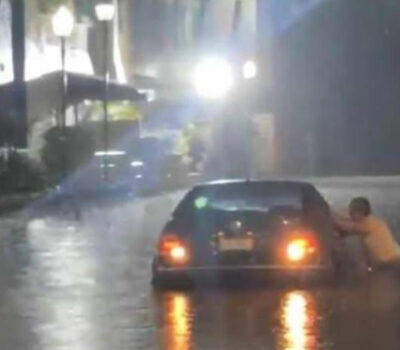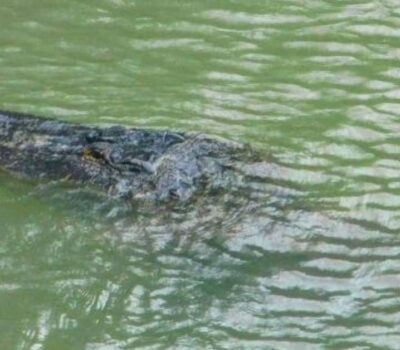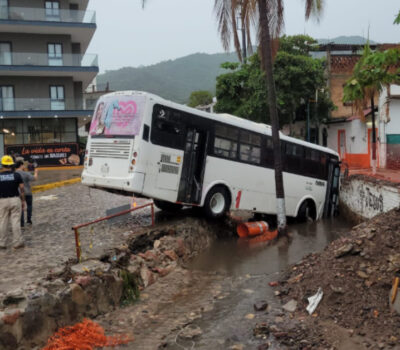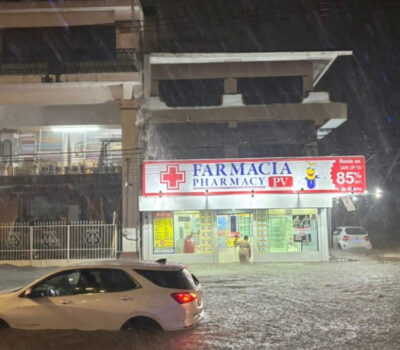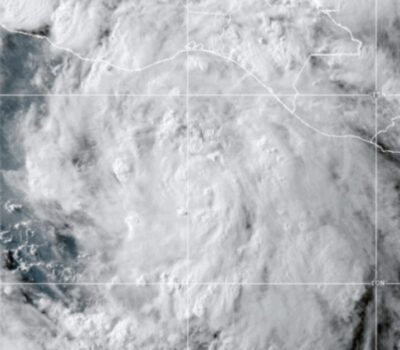Puerto Vallarta (PVDN) – Mexico is expected to face sanctions from the Convention on International Trade in Endangered Species of Wild Fauna and Flora (CITES) for its insufficient efforts to protect the vaquita marina, the world’s most endangered marine mammal. Although the sanctions have not been officially announced, they could restrict Mexico’s ability to export regulated animal and plant products like crocodile or snake skins, orchids, and cactuses. While commercial seafood species like shrimp would not be affected, some groups are pushing for seafood import bans. The ruling sets a precedent, and the sanctions could potentially make it challenging for Mexico to export certain animal and plant products.
According to studies, there may be as few as eight vaquitas remaining in the Gulf of California, where they often become entangled in illegal gill nets and drown. Mexico recently submitted a revised protection plan to CITES, which lists establishing “alternative fishing techniques” to gillnet fishing as one of its top priorities. However, the government’s protection efforts have been inconsistent and often face violent opposition from local fishermen.
Mexico’s administration has been reluctant to spend money to compensate fishermen for staying out of the vaquita refuge and to stop using gill nets. These nets are set illegally to catch totoaba, a fish whose swim bladders are a delicacy in China and can fetch thousands of dollars per pound. The government has also sunk concrete blocks with hooks to snare illegal nets in the last bit of the Gulf where vaquitas have been seen.
The activist group Sea Shepherd has joined the Mexican Navy in patrols to deter the fishermen and to help destroy gill nets, which have successfully reduced gillnet fishing. However, with so few vaquitas remaining, this may not be enough. Experts say that the Mexican government has not spent the necessary funds to train and compensate fishermen for using alternate fishing techniques such as nets or lines that won’t trap vaquitas. The fisheries authorities have been absent, leaving the effort to change practices up to civic groups and fishermen.
CITES is the Convention on International Trade in Endangered Species of Wild Fauna and Flora, signed by 184 countries. It regulates trade and protection for protected species. Mexico’s Foreign Relations Department stated that CITES had ruled its protection plan for the vaquita as “inadequate” and that the full ruling and possible sanctions would be officially announced next week. While the ruling is considered an unequal treatment of Mexico, the country is open to discussing observations and resolving them satisfactorily.
Vaquita marina: World’s most endangered marine mammal
The vaquita marina, or simply the vaquita, is a small porpoise that is native to the Gulf of California, Mexico. Unfortunately, this species is now considered the world’s most endangered marine mammal due to its rapidly decreasing population, largely caused by human activities. The vaquita is only found in the Gulf of California, and it is estimated that there may be as few as eight individuals left in the wild.
One of the main threats to the vaquita’s survival is illegal fishing practices. Gillnets, which are used to catch totoaba fish, have been particularly devastating to the vaquita population. These nets are typically set in the same areas where vaquitas swim, and they can become entangled in them and drown. The totoaba is another endangered species, but it is sought after in China for its swim bladder, which is believed to have medicinal properties and is considered a delicacy. The illegal trade of totoaba swim bladders has increased dramatically in recent years, leading to an increase in gillnet use and further endangering the vaquita.
The Mexican government has taken some measures to protect the vaquita, such as implementing a ban on gillnet use in the vaquita’s habitat, but these efforts have been insufficient. The government has faced opposition from local fishermen who rely on gillnets for their livelihood, and there has been limited funding to compensate fishermen for using alternative, vaquita-safe fishing methods. Conservation groups have been pressuring the Mexican government to take stronger action to protect the vaquita, and international organizations like CITES have threatened sanctions against Mexico for not doing enough.
It is crucial that we take action to protect the vaquita and prevent its extinction. This species is an important part of the Gulf of California’s ecosystem and losing it would have devastating consequences. We need to address the root causes of the vaquita’s decline, such as the illegal totoaba trade, and work with local communities to develop sustainable fishing practices. Conservation groups and governments must also work together to enforce regulations and provide support to fishermen who are transitioning to alternative fishing methods.
In conclusion, the vaquita marina is a critically endangered species that is facing numerous threats to its survival. The Mexican government and international organizations must take stronger action to protect the vaquita and prevent its extinction. We all have a role to play in this effort, whether it’s through supporting conservation organizations or making informed choices about the products we consume. It’s up to us to ensure that the vaquita has a future in our oceans.
Puerto Vallarta (PVDN) - Mexico is expected to face sanctions from the Convention on International Trade in Endangered Species of Wild Fauna and Flora (CITES . . .

